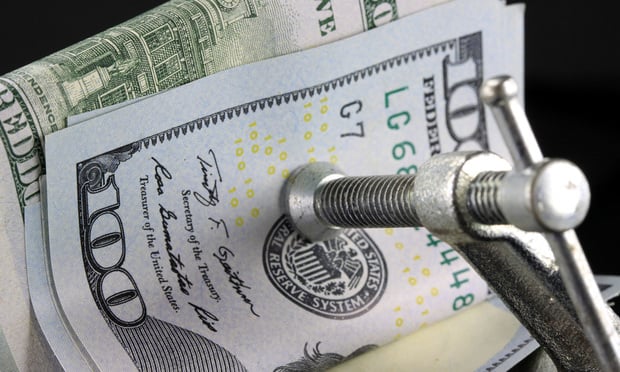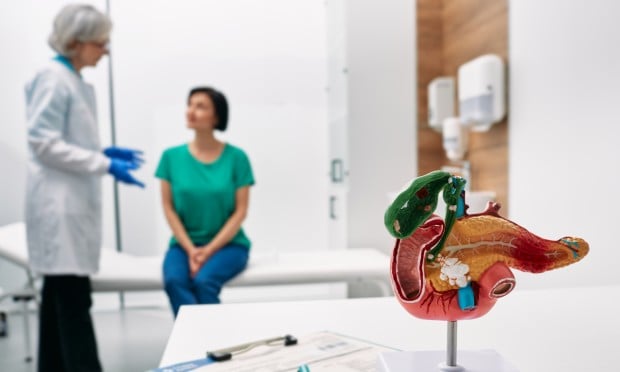CHICAGO (AP) — Few people want to be wide awake during their colonoscopy exams, but new research suggests too many are getting extra sedation treatment, costing as much as $1 billion yearly in potentially needless services.
Use of anesthesiologists to monitor sedation during colonoscopies and other digestive imaging tests has more than doubled in recent years, and they're used most often for low-risk patients who typically don't need the extra help, the study authors said.
"These services are not harming patients. They're basically giving them a luxury that is not strictly necessary," said the study's lead author, Dr. Soeren Mattke, a senior Rand Corp. scientist. That matters at a time when policymakers are trying to rein in rising medical costs, the authors said.
Patients usually are briefly sedated for a colonoscopy, and some kinds of sedation require monitoring by specialists. That includes use of propofol, a powerful intravenous drug that can cause deep sedation and was implicated in pop star Michael Jackson's death. Anesthesiologist-monitored sedation, with or without propofol, is recommended for high-risk patients, including those who are old or sick or previously had complications with anesthesia.
Complete your profile to continue reading and get FREE access to BenefitsPRO, part of your ALM digital membership.
Your access to unlimited BenefitsPRO content isn’t changing.
Once you are an ALM digital member, you’ll receive:
- Critical BenefitsPRO information including cutting edge post-reform success strategies, access to educational webcasts and videos, resources from industry leaders, and informative Newsletters.
- Exclusive discounts on ALM, BenefitsPRO magazine and BenefitsPRO.com events
- Access to other award-winning ALM websites including ThinkAdvisor.com and Law.com
Already have an account? Sign In
© 2024 ALM Global, LLC, All Rights Reserved. Request academic re-use from www.copyright.com. All other uses, submit a request to [email protected]. For more information visit Asset & Logo Licensing.








